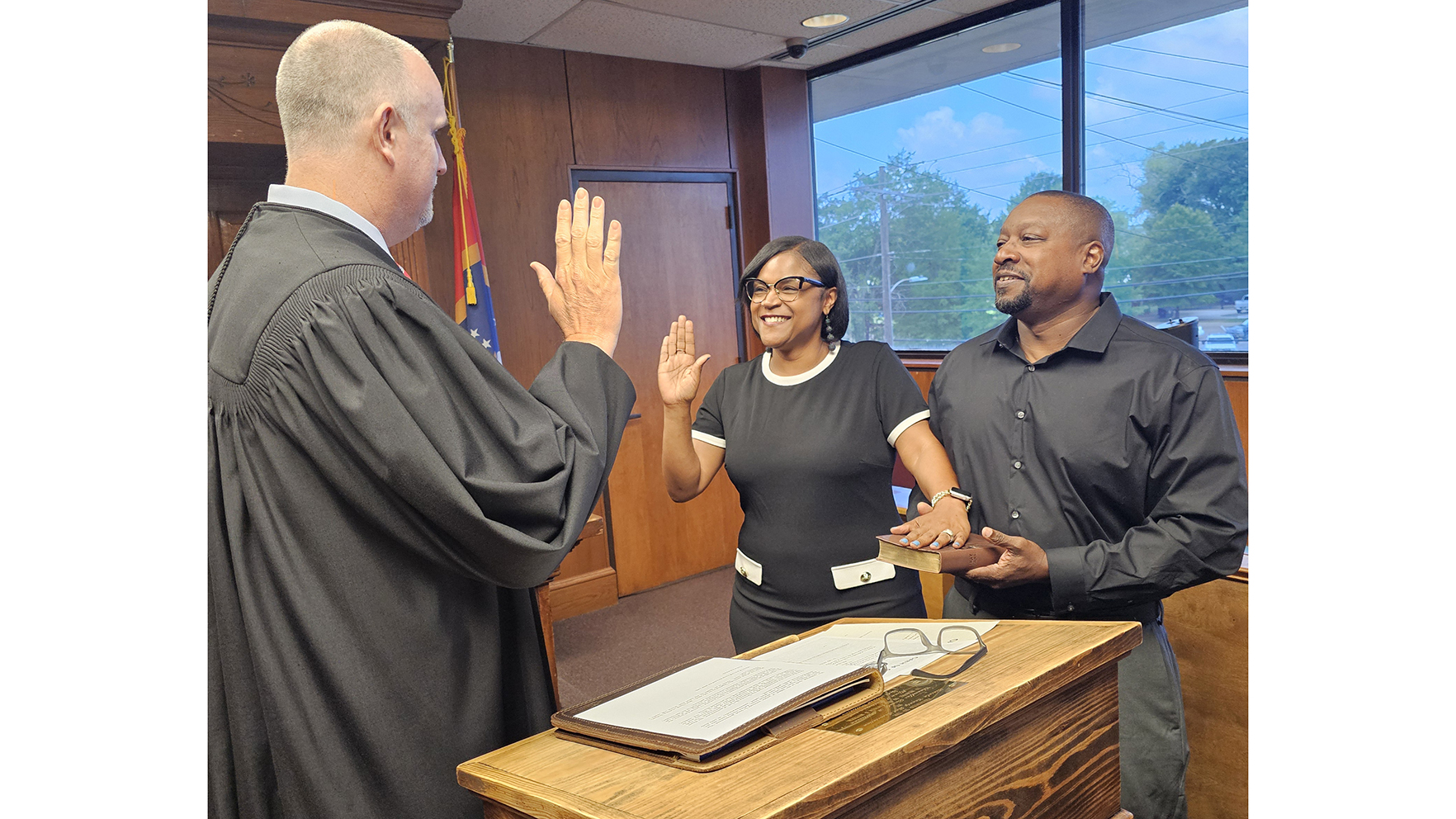The racist origins of runoff elections, which Mississippi may see in November governor’s race
Published 8:30 am Thursday, October 26, 2023
A lot of people are closely watching for the possibility of a runoff election between Republican incumbent Tate Reeves and Democratic challenger Brandon Presley in the November contest for Mississippi governor.
People have reasons to be excited. After all, if a runoff should occur, it would be the first general election runoff in Mississippi history. And people nationally also should be excited. The runoffs for U.S. Senate seats in Georgia in 2020 and 2022 are the only runoffs to occur across the nation in recent years.
While the rarity of runoffs makes them exciting, it should not be forgotten that the genesis for modern day runoff elections can be traced to efforts after the Civil War to place barriers to African Americans voting and holding political office.
The reason general election runoffs are rare is that Mississippi and Georgia are the only two states to require them. Well, there is Louisiana that is unique because of the so-called jungle primary where there are no party primaries. All candidates there appear on the same ballot, and if no one gets a majority vote, the top two vote-getters advance to a second election.
But Mississippi and Georgia are the only states where a candidate in the general election must garner a majority of the vote, or 50% plus one, to win. If no candidate gets that majority in Georgia and Mississippi, the top two vote-getters advance to the runoff.
Here is how the runoff works: the winners of the Democratic and Republican primaries advance to the November general election. But also eligible to compete in the general election are third party candidates and independents. With more than two candidates on the ballot, there always is the possibility that in a close election, no candidate will win a majority of the vote.
Since independent candidate Gwendolyn Gray dropped out of the 2023 governor’s race too late to have her name removed from the ballot, the possibility exists that neither Reeves nor Presley will obtain a majority of the vote on Nov. 7, resulting in a runoff election three weeks later on Nov. 28.
While Mississippi and Georgia, excluding the weirdness that is Louisiana, are the only states with general election runoffs, 10 mostly Southern states have runoffs in party primaries.
Only two non-Southern states have party primary runoffs: South Dakota and Vermont. In the non-Southern states, the conditions leading to a runoff seldom if ever occur, like in Vermont only if there is a tie.
The party primaries were put in place after Reconstruction as one of many efforts by the Southern states’ white lawmakers to ensure that African Americans were not elected to statewide office.
Remember, in those days the Republican Party had little or no power in the South. For all practical purposes, the winner of the Democratic primary won the office. The white Southern power structure incorporated the party primary runoffs as an extra step in the process, believing it would be more difficult for poor Black voters to come to the polls a second time.
It is clear from the narrative of the day that efforts to prevent Blacks from holding public office was most often the intent of the runoff.
Two states — Georgia and Mississippi — added additional hurdles making it more difficult for Blacks to be elected to statewide office. In Georgia, there was a so-called county unit system, where candidates captured statewide elections by winning the most counties. The 159 Georgia counties were assigned electoral votes based on their size, and rural states had disproportionately more electors.
After the U.S. Supreme Court struck down the county unit system in the 1960s, Georgia created its current runoff system for general elections.
According to published reports, Denmark Groover, the then-Georgia legislator who played a key role in creating the runoff, did not try to hide his intent.
“If you want to establish if I was racially prejudiced, I was,” he said years later. “If you want to establish that some of my political activity was racially motivated, it was.”
And in Mississippi, the Legislature and ultimately the voters, at the urging of the federal judiciary, removed in 2020 another provision historically designed to keep African Americans from being elected to statewide office. That provision required a candidate for statewide office to garner a majority of the popular vote and win the most votes in a majority of the 122 House districts. If both of those goals were not achieved, the Mississippi House selected the winner.
While removing that provision from the state Constitution, the Mississippi Legislature in 2020 enacted another provision that has a history also steeped in racism: the runoff. And Mississippi, home to the highest percentage of Black residents in the nation, still has never popularly elected a Black candidate to statewide office.
In an interesting twist, in the recent Georgia runoffs, the candidates supported by a vast majority of Black voters — including one Black candidate, now-Sen. Raphael Warnock — prevailed.
Bobby Harrison is senior capitol reporter for Mississippi Today.




